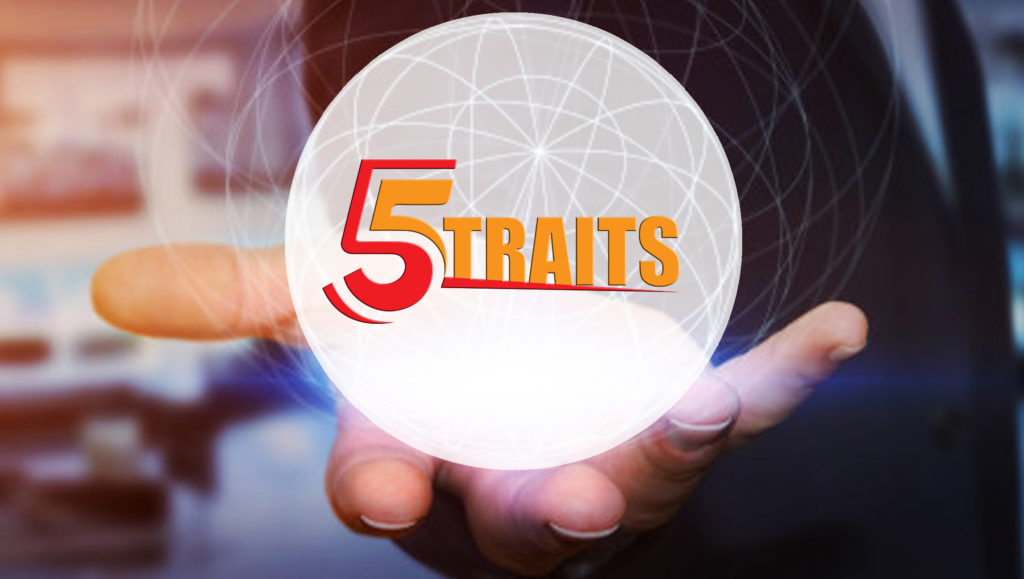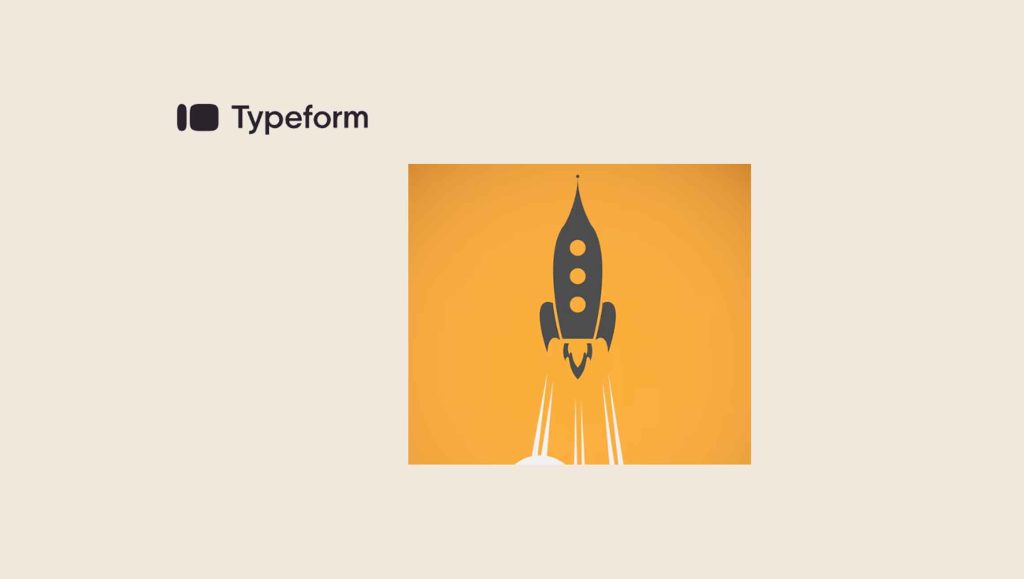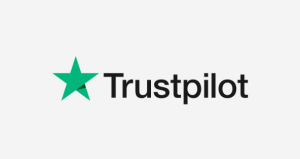 Brand Personality has evolved into an interesting entity where companies communicate with their customers. Nowadays, we see brands embracing their personalities and even using them for promotional opportunities. But have you ever thought about what your brand personality means and how it impacts your company’s relationship with customers?
Brand Personality has evolved into an interesting entity where companies communicate with their customers. Nowadays, we see brands embracing their personalities and even using them for promotional opportunities. But have you ever thought about what your brand personality means and how it impacts your company’s relationship with customers?
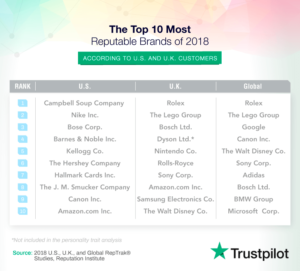 In the 1980s, researchers determined that the human personality can be defined by the “Big Five” traits: Openness, Conscientiousness, Extraversion, Agreeableness, and Emotional range. As it turns out, your brand personality can have these traits as well, and Trustpilot conducted a report that found brand personality is a big deal in being considered a reputable company. To find out more about these key traits, Trustpilot used IBM’s Watson Personality to analyze press release strategies for Reputation Institute’s top 50 most reputable U.S., U.K., and global brands of 2018. First, the Big Five traits can be defined below:
In the 1980s, researchers determined that the human personality can be defined by the “Big Five” traits: Openness, Conscientiousness, Extraversion, Agreeableness, and Emotional range. As it turns out, your brand personality can have these traits as well, and Trustpilot conducted a report that found brand personality is a big deal in being considered a reputable company. To find out more about these key traits, Trustpilot used IBM’s Watson Personality to analyze press release strategies for Reputation Institute’s top 50 most reputable U.S., U.K., and global brands of 2018. First, the Big Five traits can be defined below:
- Openness – The extent to which a person is open to experiencing different activities
- Conscientiousness – The tendency to act in an organized or thoughtful way
- Extraversion – The tendency to seek stimulation in the company of others
- Agreeableness – The tendency to be compassionate and cooperative toward others
- Emotional range – The extent to which a person’s emotions are sensitive to the person’s environment
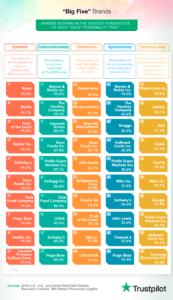 In analyzing the Big Five traits, companies that were on the top 50 most reputable list ranked highly in one of the above categories. For example, Rolex ranked No. 1 in the UK and globally as the most reputable brand; it also ranked first in openness, indicating the company’s willingness to embrace new ideas. In terms of emotional range, Mastercard Inc. ranked highest, which was a focal point of its “Priceless” campaign that highlighted the idea that experiences are more important than things.
In analyzing the Big Five traits, companies that were on the top 50 most reputable list ranked highly in one of the above categories. For example, Rolex ranked No. 1 in the UK and globally as the most reputable brand; it also ranked first in openness, indicating the company’s willingness to embrace new ideas. In terms of emotional range, Mastercard Inc. ranked highest, which was a focal point of its “Priceless” campaign that highlighted the idea that experiences are more important than things.
We then took the Big Five a step further and analyzed the key characteristics of these traits. From 25 characteristics most associated with highly reputable brands, the top brands scored at least 90 percent in five characteristics: immoderation, friendliness, uncompromising, trust, and orderliness.
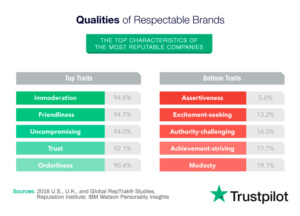 This breakdown tells us a few things. First, efforts to build trust that is integrated into branding efforts are valuable to consumers. Our analysis shows Toyota was one of the top companies in this quality, which makes sense since it was one of the top 5 most trusted automobile brands in the U.S. Second, immoderation indicates a company’s passion for pursuing its values, goals, and ideas. Lavazza Premium Coffee Corp., an Italian coffee company, scored in the highest percentile for immoderation in our analysis. The company’s press releases continuously promote its desire to deliver high-end coffee. Third, uncompromising was a major trait for reputable brands. IKEA ranked high in this category, and a look at their branding shows the company’s unmatched commitment to improving the lives of vulnerable people.
This breakdown tells us a few things. First, efforts to build trust that is integrated into branding efforts are valuable to consumers. Our analysis shows Toyota was one of the top companies in this quality, which makes sense since it was one of the top 5 most trusted automobile brands in the U.S. Second, immoderation indicates a company’s passion for pursuing its values, goals, and ideas. Lavazza Premium Coffee Corp., an Italian coffee company, scored in the highest percentile for immoderation in our analysis. The company’s press releases continuously promote its desire to deliver high-end coffee. Third, uncompromising was a major trait for reputable brands. IKEA ranked high in this category, and a look at their branding shows the company’s unmatched commitment to improving the lives of vulnerable people.
It’s time to think strategically about your brand’s personality and how each of these traits can impact your relationship with your customers. While a culmination of the Big Five can be a great approach, improving them one-by-one could be the key to building reputability. When building a Marketing campaign, you should ask yourself, how will this campaign affect my company’s perception of these traits? As you build your brand’s personality, you’ll be able to find a clearer scope of what your target audience values and then tailor your brand to fit that space as a reputable leader.
The full Trustpilot report can be found here.
Read more: Finding the Whale and Other Ways Big Brands Can Learn from Start-Ups

